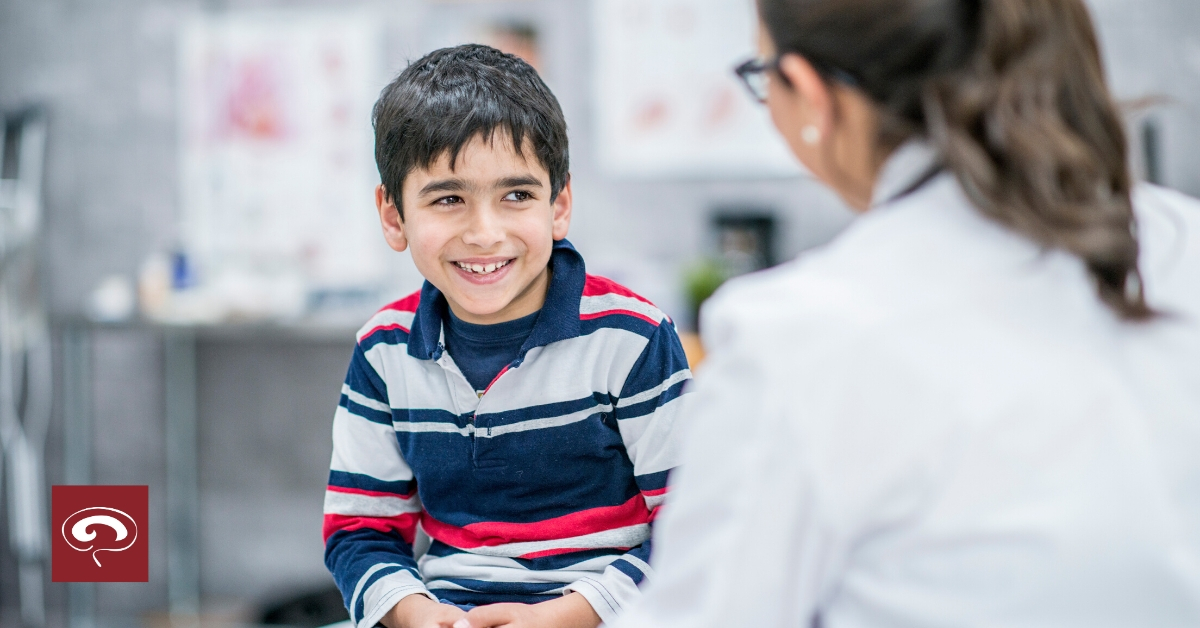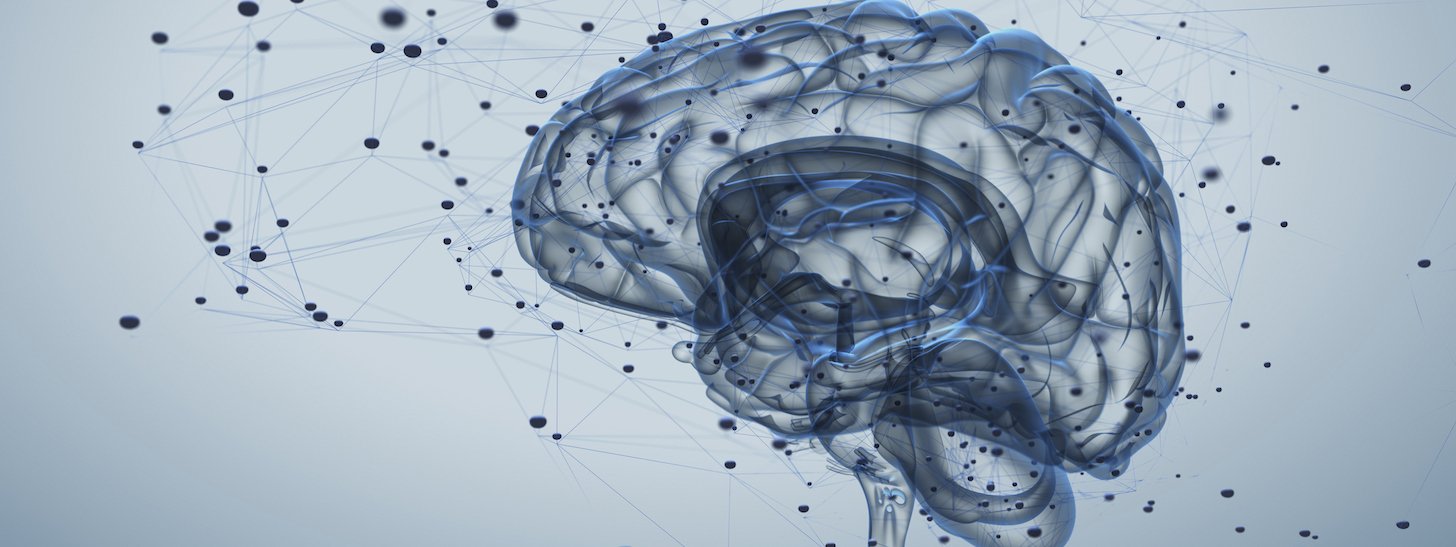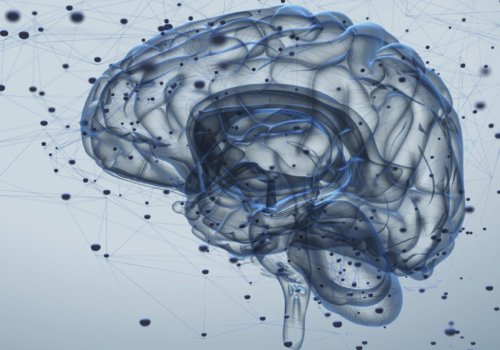
Options for Treating Refractory Pediatric Migraine
Study finds that outpatient DHE infusion in combination with interdisciplinary care could help adolescents with refractory migraine
A recent paper in Headache® found that combining outpatient DHE infusion with interdisciplinary adjunctive care has promise as an effective treatment option for adolescents with refractory migraine.
“Several years ago, we were trying to find a way to improve the quality of life of some of our most challenging patients,” co-author Jennifer Bickel, MD, FAHS, Headache Section Chief at Children’s Mercy in Kansas City, says. To help patients that were not responding to outpatient therapies, who were missing school, who needed a multidisciplinary approach, her team developed the Comprehensive Aggressive Migraine Protocol (CAMP), she says, “in order to address these patients in one of the most intense ways that we could in an outpatient setting.”
The new paper was an opportunity to look retrospectively at the 36 patients that Dr. Bickel’s team had seen over several years. “As physicians, we have a tendency to hyper-focus on the patients that don’t do as well, and we forget the patients that did well,” she says. The review would help evaluate whether the protocol was successful, and if so, how it can be shared and replicated.
Helping Patients through More than Medications Alone
A goal of the paper, Dr. Bickel says, is to inform other headache physicians that outpatient dihydroergotamine (DHE) therapy can be improved upon with multidisciplinary non-pharmacological additions.
Comparing inpatient headache treatment to outpatient infusions, she says “there’s a lot of differences, for example, between somebody going to an infusion center and receiving medication versus what we do where the patient comes into our clinic. They get to know our nurses, and our nurses know the right language to use with our patients. We talk about pain coping, we develop a school reentry plan, we do pain psychology.”
While DHE is an important tool in helping to decrease the frequency and severity of headaches, the research indicates that patients with refractory migraine may get more prolonged benefits and an increased quality of life through adding components such as pain coping skills, psychological assessment, social work guidance, school reentry planning, and a team approach. “So often we put our focus on the medications, which are of course crucial, but they don’t tell the entire story of how we can maximize improvement in people’s quality of life,” Dr. Bickel says.
Next Steps
Overall, Dr. Bickel, Dr. Connelly and her co-authors were impressed by the results of their protocol review, especially regarding decreases in headache frequency. “From headache severity to headache days per week, as well as quality of life indicators such as the PedMIDAS [assessment tool], it showed a decrease in school days missed, as well as emergency room visits. These are really all significantly fantastic outcomes, which breaks down to up to 5 days of treatment.”
Dr. Bickel says that logical next steps for research would be a comparison of IV DHE infusions, keeping the medication arm the same while studying the multi-disciplinary services. “That would give us a better idea of the effects that we see are medication related, and what are the effects that are beyond what medications can do alone.”
Dr. Bickel is confident that CAMP can help more specialists provide the kind of care headache patients seek. “We treat over 8,000 headache patients a year, and though this is a treatment that we don’t use every week, it has been crucial to the success of our program because it gives us a place to treat some of our most refractory patients while avoiding the hospital.”
“I would love to see this publication lead to other headache specialists being able to develop similar programs at their institutions, because I’m sure that many of them face barriers about the utilization of the resources,” Dr. Bickel says.
Headache®: The Journal of Head and Face Pain is the official journal of the American Headache Society. AHS frequently reviews published research and provides commentary on the work being done to help advance the understanding of headache and face pain. For more analysis on studies published in Headache®, visit the AHS News page.


